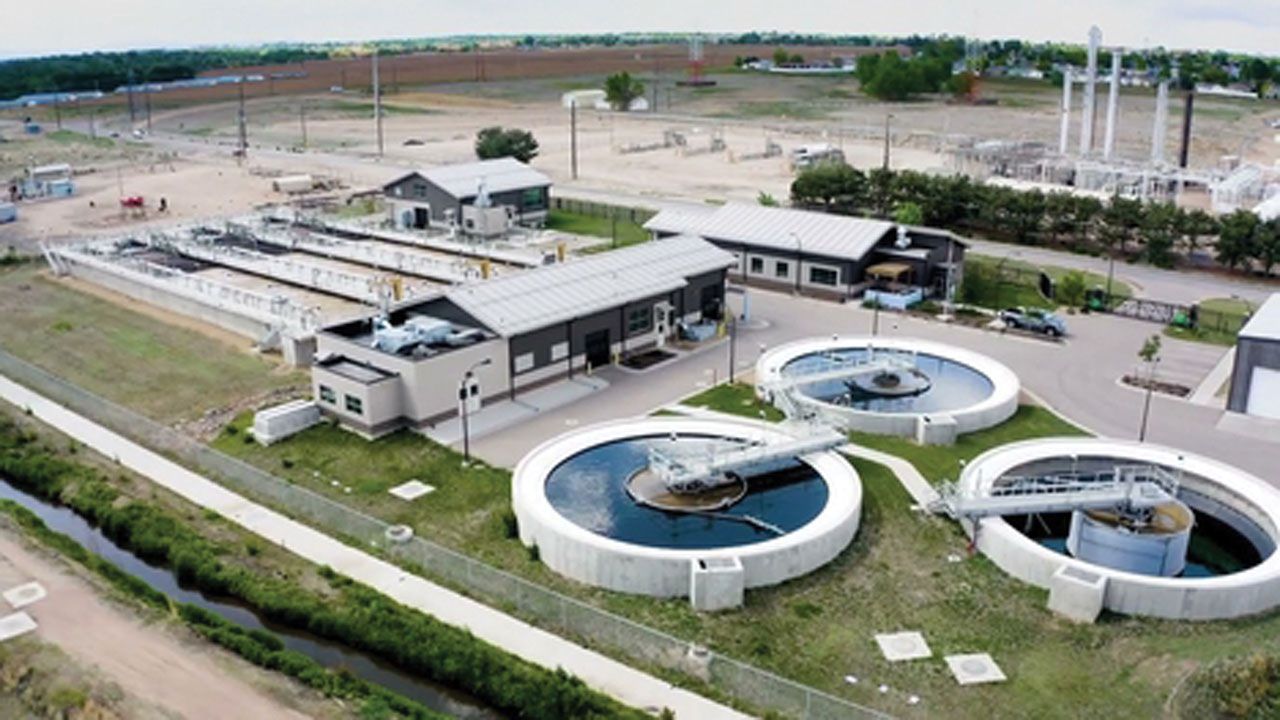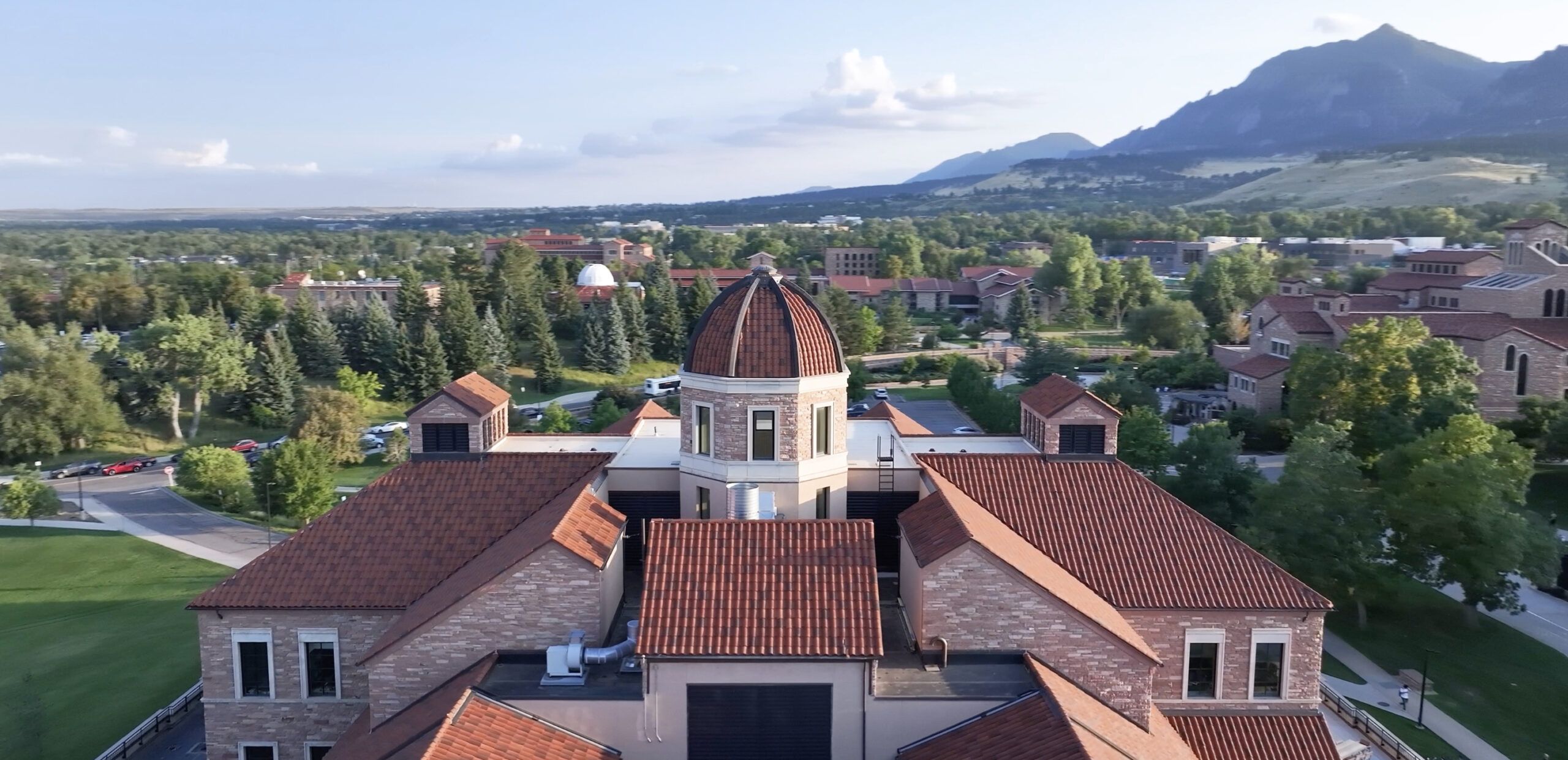Boulder Planning Board recommends ending Opportunity Zone development moratorium
BOULDER — The Boulder Planning Board voted unanimously Thursday evening to recommend that the Boulder City Council end a development moratorium within the city’s designated Opportunity Zone.
The board also gave its stamp of approval to a set of land-use and zoning changes aimed at safeguarding the zone from certain types of projects deemed to be insufficiently aligned with the Boulder’s growth and development goals.
The Opportunity Zone program, established as part of the Tax Cuts and Jobs Act of 2017, allows investors to realize certain tax incentives if they put their money into projects within economy distressed neighborhoods.
Boulder leaders implemented the development moratorium in February as a way to address concerns that the investors in the city’s opportunity zone — a 2.5-square-mile tract stretching from 28th to 55th streets and Arapahoe Avenue to the Diagonal Highway — will reap all of the rewards and their money will speed up gentrification rather than assist the disadvantaged.
Critics argued that without changes to the city’s land-use table, the city’s “jobs-housing imbalance” would be exacerbated by commercial development within the zone. That imbalance is a reference to Boulder’s ongoing challenge of providing affordable housing options for the city’s workforce.
Boulder has plenty of jobs but employees can’t afford to live there, city leaders say. Building more office spaces rather than multi-family housing communities is not an appropriate urban planning strategy.
Council communicated a trio of priorities that staff should keep in mind while drafting potential changes to the land-use code: increase housing capacity and affordability, limit new office space, and boost opportunities for retail spaces.
The recommendations made by staff and cosigned by the Planning Board include limiting office uses to no more than 25 percent of building floor area unless onsite affordable housing is included, prohibiting the construction of additional offices in certain mostly residential areas where office space is already abundant and increasing scrutiny of single-family home development proposals.
Ultimately, city leaders hope the code changes will provide the protections needed for the council to feel comfortable lifting the development moratorium. Council will take up the matter during a series of sessions in August.
Even if the council adopts the recommended zoning changes, the city is a long way from achieving all of its goals for mitigating the jobs-housing imbalance.
City staff is constantly looking for ways to improve land-use regulations, Boulder senior city planner Karl Guiler told members of the Planning Board.
“We don’t see this project as the be-all-end-all.”
Planning Board member John Gerstle expressed concerns that the zoning amendments being considered to do not go far enough in ensuring the community realizes some benefits from the Opportunity Zone, not just investors.
“I’m glad we are doing it, I just want to make sure we don’t have illusions that we’ve succeeded” in addressing all of the zone-related issues raised by the community and by Boulder City Council, he said.
Still, the board expressed optimism that the proposed zoning changes would be a step in the right direction.
“On balance, I think this is a pretty gentle and sensitive update,” Planning Board member Harmon Zuckerman said. “It doesn’t seem to me that it leans in one direction or another in terms of making life easier or harder on the development community.”
BOULDER — The Boulder Planning Board voted unanimously Thursday evening to recommend that the Boulder City Council end a development moratorium within the city’s designated Opportunity Zone.
The board also gave its stamp of approval to a set of land-use and zoning changes aimed at safeguarding the zone from certain types of projects deemed to be insufficiently aligned with the Boulder’s growth and development goals.
The Opportunity Zone program, established as part of the Tax Cuts and Jobs Act of 2017, allows investors to realize certain tax incentives if they put their money into projects within economy distressed neighborhoods.
Boulder leaders implemented…
THIS ARTICLE IS FOR SUBSCRIBERS ONLY
Continue reading for less than $3 per week!
Get a month of award-winning local business news, trends and insights
Access award-winning content today!





